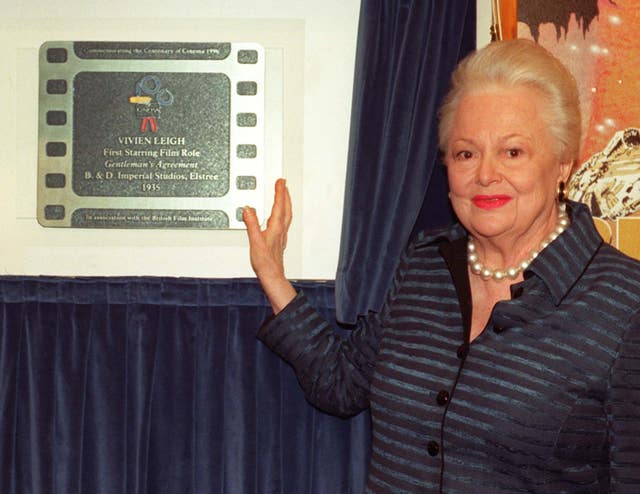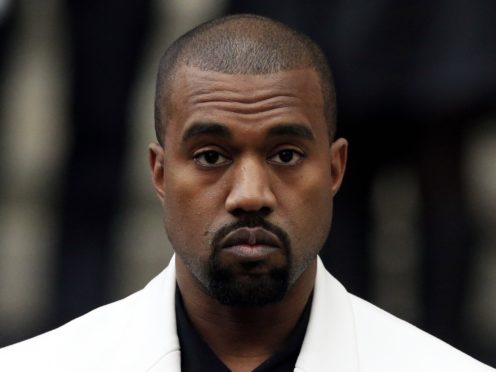Kanye West is legally prevented from retiring under the terms of his record contract, according to a lawsuit.
The rapper and fashion designer is attempting to free himself from his deal with EMI, which he signed in 2003, arguing it is “lopsided” and he has been underpaid.
West also argues it is a violation of California state law to keep anyone locked into a personal service contract for more than seven years.
He has signed five extensions with the label since first putting pen to paper in 2003, but his lawyers argue they should not count after 2010.

When West initially filed the complaint at Los Angeles Superior Court in January, it was heavily redacted.
However, EMI has now responded, revealing the full text for the first time.
West’s lawsuit states that under the terms of his contract he must “remain actively involved in writing, recording and producing” songs and albums.
It adds: “At no time during the term will you seek to retire as a songwriter, recording artist or producer or take any extended hiatus during which you are not actively pursuing your musical career in the same basic manner as you have pursued such career to date.”
The lawsuit argues that due to the conditions of the contract, which stipulate how many songs he needs to write at different stages of the agreement, “from EMI’s point of view, the terms of this contract has no end in sight”.
As well as freeing himself from the contract, West is also trying to persuade a judge to declare him the owner of any musical works he created after October 2010 when the initial seven years of his contract would have ended.

This would appear to include his most recent effort, Ye. In its response, EMI, one of the biggest record labels in the world, has attempted to take the case from state court to federal court, which has jurisdiction over copyright law.
A notice for removal lodged on Friday states: “The rights to, ownership interest in, and exploitation of copyrightable musical compositions are precisely the subject matter of the Copyright Act.”
West is not the first artist to cite California’s Labor Code section 2855, the law limiting personal service contracts to seven years.
Actress Dame Olivia de Havilland, who starred in Gone With The Wind, used it to win her freedom from Warner Bros in the 1940s.
Since Dame Olivia’s victory, the law has informally been known as the De Havilland Law.
